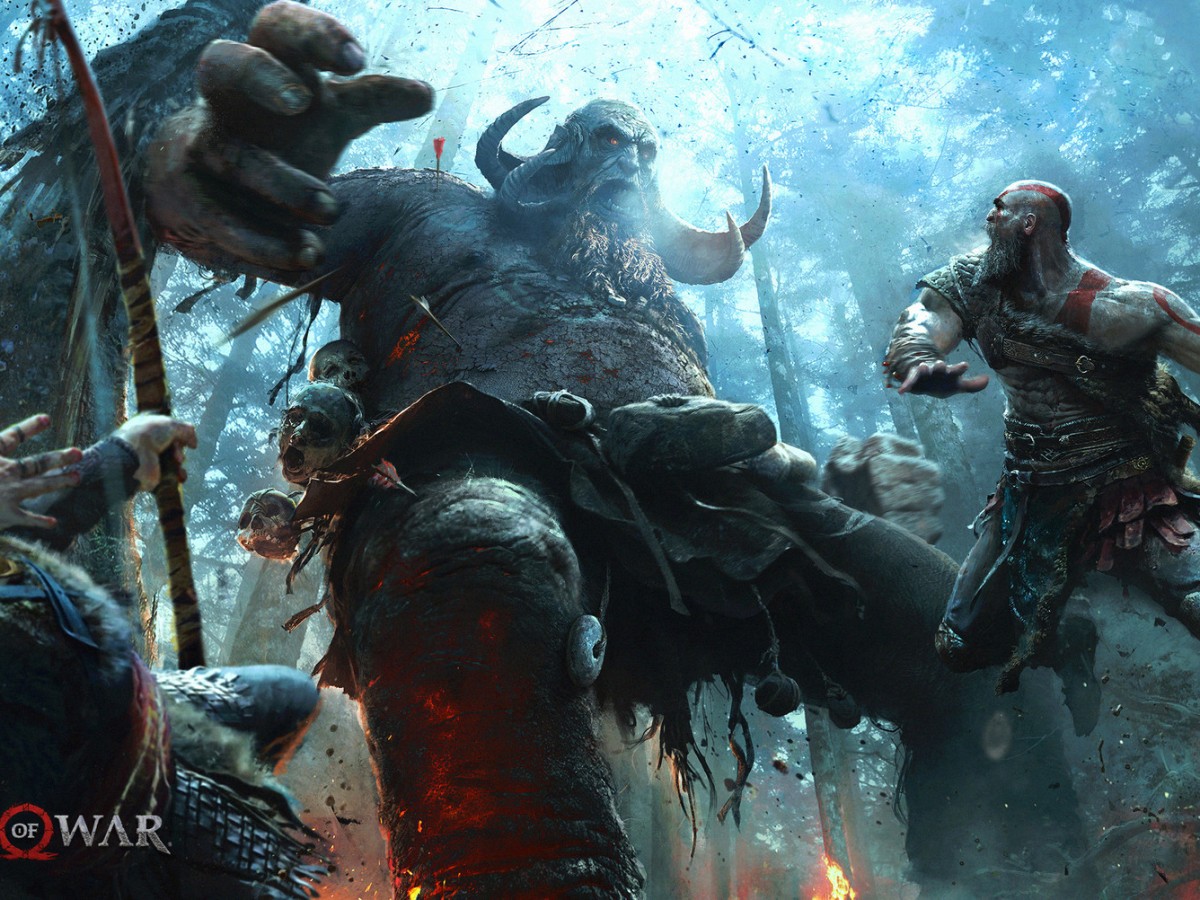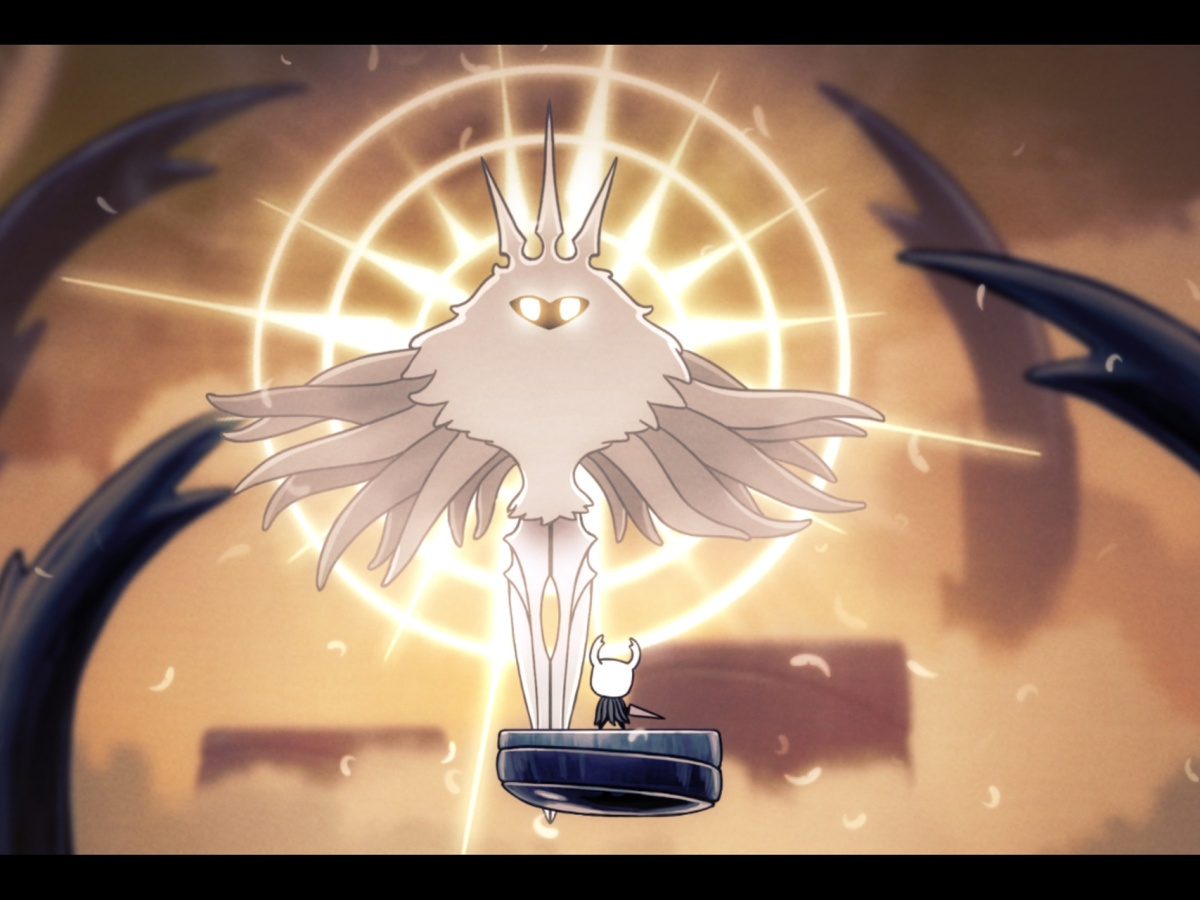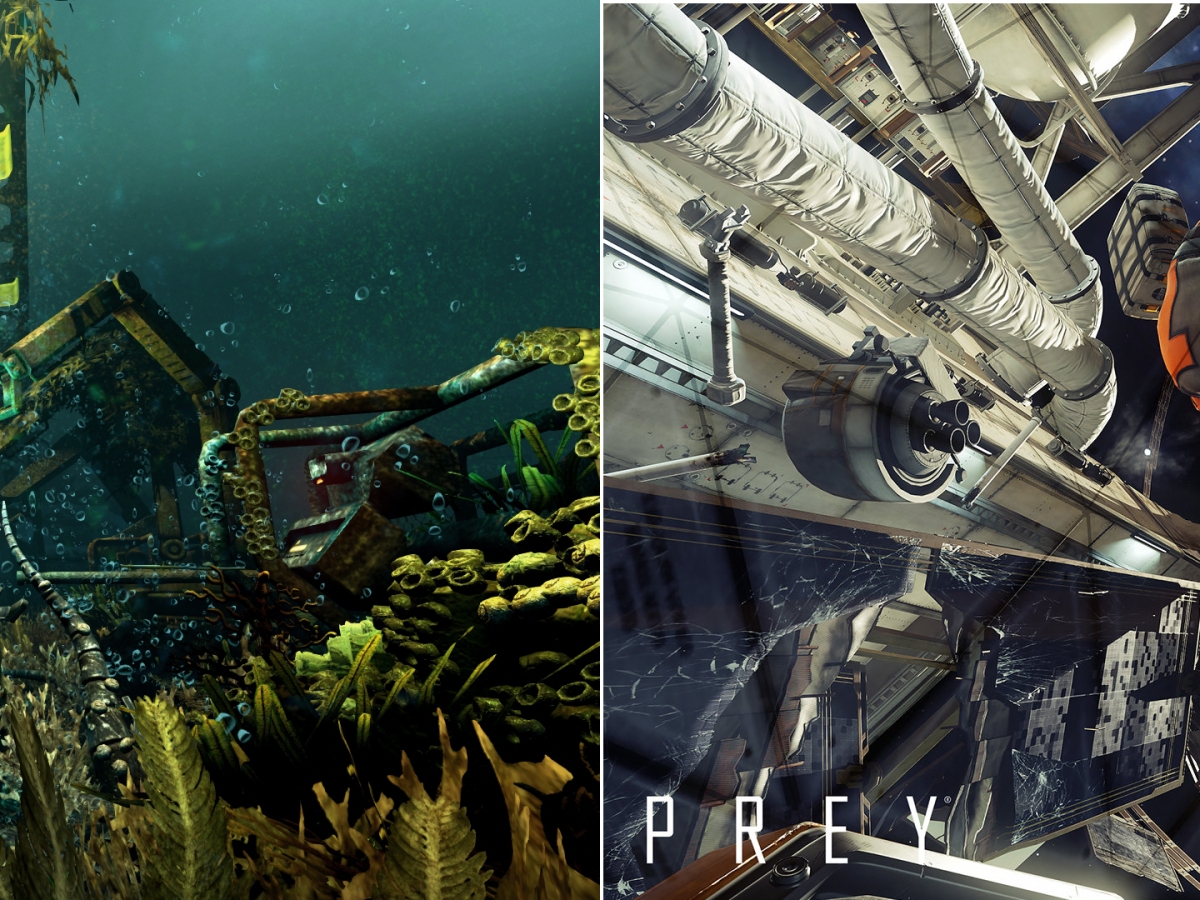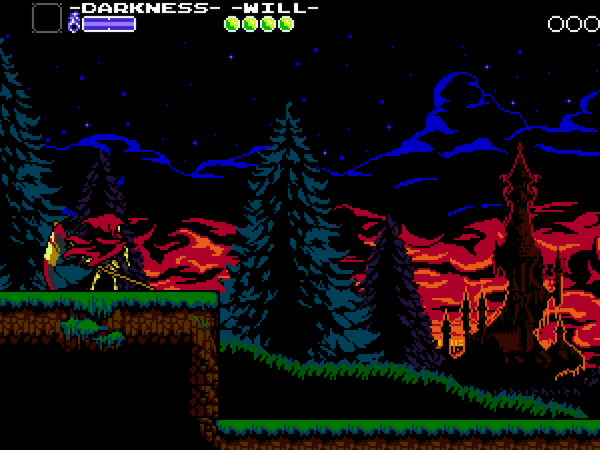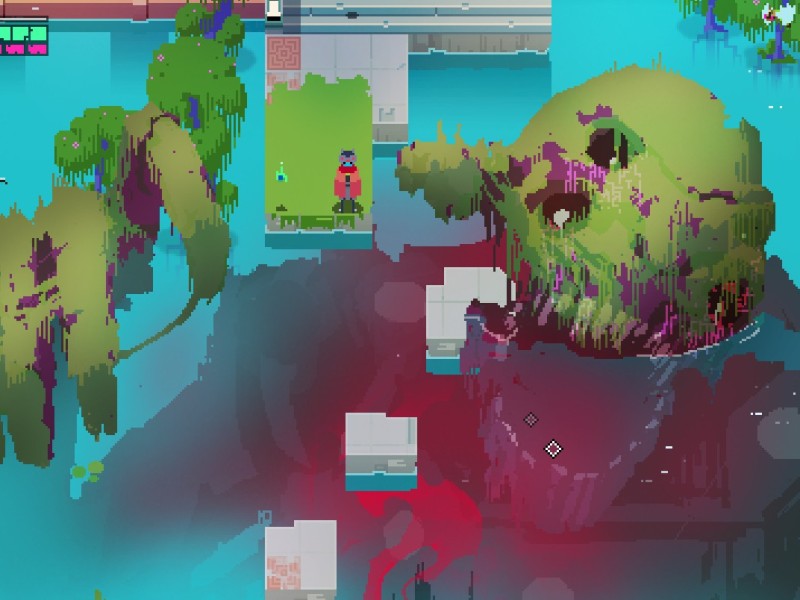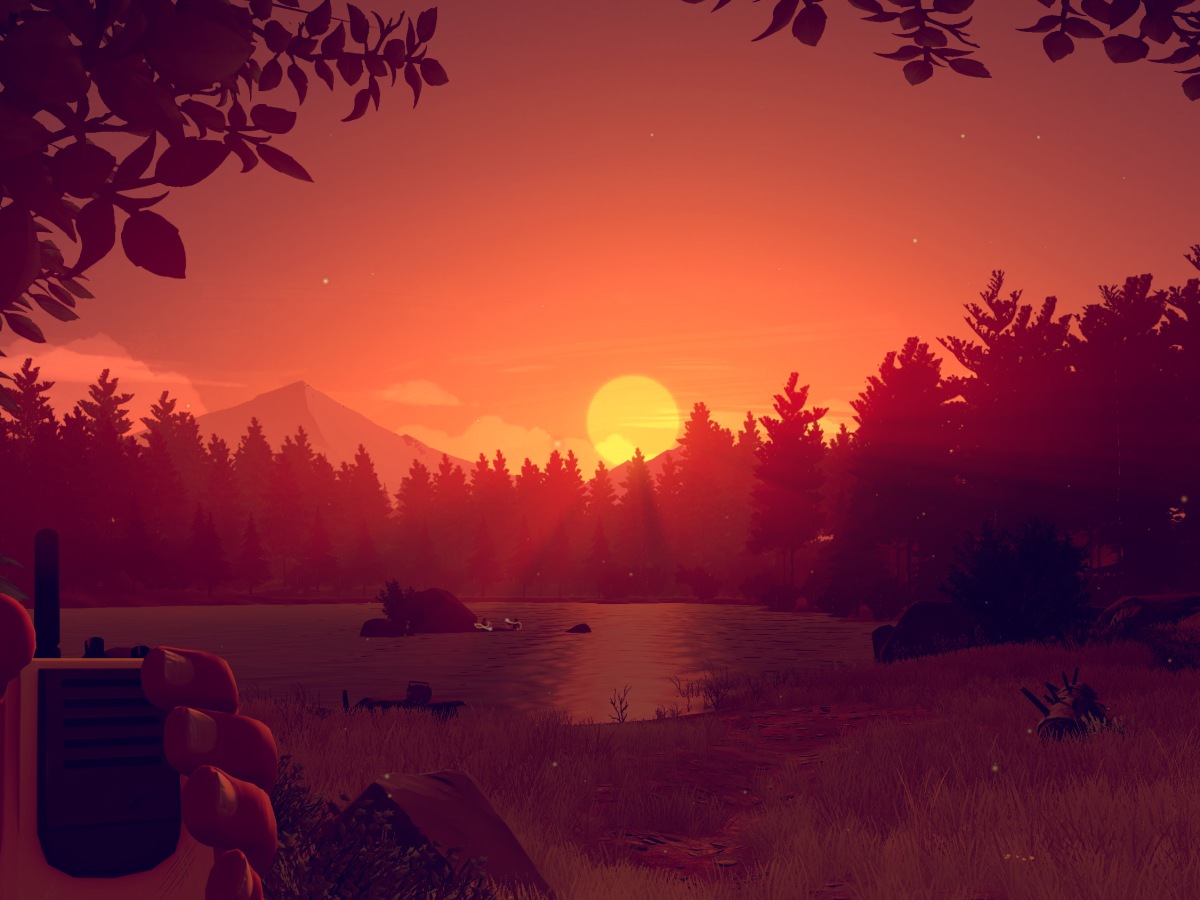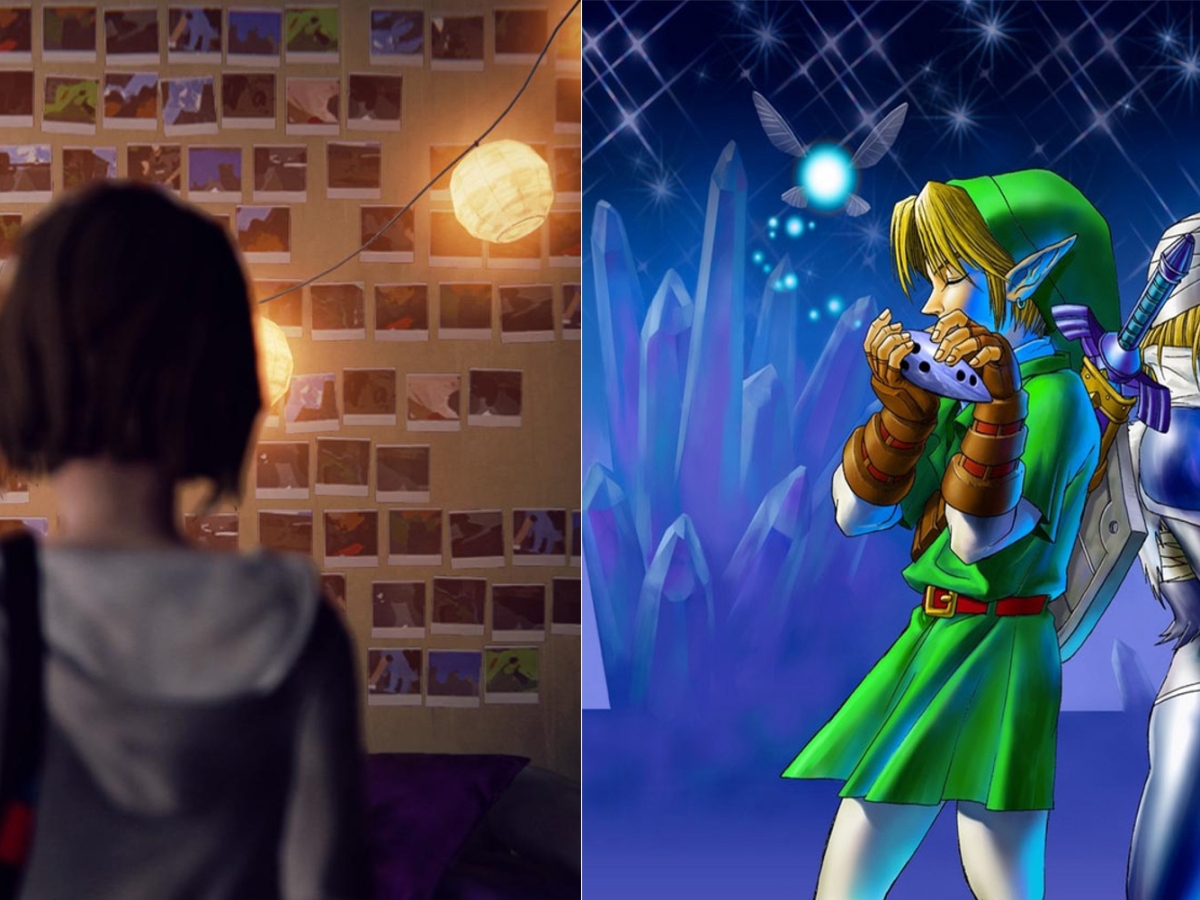
Marvel’s Spider-Man and the Allure of the Carceral State
The implication, of course, is that while the police are good and prisons necessary, privatized versions of those institutions are dangerous and oppressive… because they might imprison people who don’t immediately deserve it. There is no hint of their similarities, or any conception that the police themselves may only be a shade removed from the crimes Sable International commits against the people of New York, because Spider-Man at no point acknowledges that the criminal justice system might itself be unjust and broken.
Twelve Reasons Why Twelve Minutes is the Worst Game I’ve Ever Played
Twelve Minutes does not have that excuse. As far as I can tell, it was created by a team of adults. No nepotism magicked it into existence, or gave it a starring role in Annapurna’s 2021 lineup of games. It’s sheer existence is a mystery — or, at least, a web that wouldn’t be worth…
In Outer Wilds, They Blew Up the Sun, and There Was Nothing We Could Do
Outer Wilds is infused with a lingering tinge of melancholy, coupled with an overwhelming sense of smallness… All of these systems operate like clockwork, unfazed by your minuscule intrusions. In much the same way the Sun will never respond to your pleas. As you uncover the story of the Nomai, you learn—through implication and observation,…
On Dark Souls II: Ephemera, Entropy, and the Inevitability of Loss
The ragged white knights in Heide’s Tower of Flame don’t even rise when you first enter the area; they wait for you to slay the area’s first boss before even bothering to stand. The soldiers in Drangleic Castle begin as statues, shaking themselves to life as if awaking from a thousand-year slumber. They still fight,…
Fire and Ice: How God of War Thematizes its Doubled Combat
But in the aftermath of that feeling, I realized something else—that the euphoria I’d felt in the wake of that fight came alongside the dropping of the game’s initial facade. Kratos is not redeemable. He is a monster, and those blades represent that. Only a monster can wield them as he does. Only a monster…
Six Years before Breath of the Wild, Dark Souls Reinvented The Legend of Zelda
But the bond between Dark Souls and Ocarina of Time runs far deeper than their initial obtuseness—to a point where the first Soulborne game feels like a crystallization of the first 3D Zelda’s design ethos. Both present the player with complex, interlocking worlds; spaces that revel in a secret, paradoxical linearity that curves and bends…
Dream No More: How Hollow Knight’s Story Mirrors the Myth of Prometheus
Hollow Knight expands from the journeys of a wanderer through a vast, decaying kingdom—beginning with a simple descent into the Forgotten Crossroads and ending with something much like deicide. And in between, a retelling of the Prometheus myth takes shape—the story of a clever, ancient being usurping its creator and granting its subjects a new…
On XCOM 2: War of the Chosen, and the Stories We Build for Ourselves
But now I’m in the position of having lost weeks of my life to the modern XCOM series: first to XCOM: Enemy Unknown in May, and now to XCOM 2: War of the Chosen. And to explain why, first, I need to tell you about Brigitte “The Truth” Martine.
On the Creeping Horror of Salt and Sanctuary, and its Island of Twisted Reflections
In doing so, Salt & Sanctuary builds one of the most rewarding final acts I’ve experienced in a video game, that translates an atmosphere of mounting dread into a sequence of sudden, heightened horror, and then, in its final moments, a rush of catharsis.
How Deltarune Tells a Story About Loss and Loneliness… with Some Help from Children’s Lit
Right now, it’s rough around the edges, clearly a bit unfinished, but still crystallized in a way that feels wholly rougher, odder, and more unique than its more polished predecessor. In that very literal sense, I hope it does end up as a Majora’s Mask to an Ocarina of Time—a piece of art that leverages the iconography of…
SOMA, Prey, and What it Means to Be Human
It was an fortunate coincidence that I ended up playing Prey and SOMA at virtually the same time. It wasn’t even back to back—I played them more or less alongside each other, and finished each (the first a ~25 hour immersive sim in the mold of System Shock 2, the second a 9 hour, linear survival-horror venture at the…
How Doki Doki Literature Club Paints an (Almost) Authentic Picture of Depression
From one angle, Team Salvato’s (free) visual novel Doki Doki Literature Club looks like an attempt to capture a bit of Undertale’s signature metafictional magic. A game that begins as a piece in a well-defined genre ends up being anything but—picking apart both the mechanical and narrative tropes that a player might expect from, respectively, a visual…
Bastion: Thermodynamics, Entropy, and the Physics of Fantasy
Now, where Bastion really comes in is in the second half of that law: the isolated system. If a process is kept in a vacuum, entirely alone, its entropy will only ever increase. However, we can decrease entropy locally by various methods—mainly by bringing in other sources from outside that system (like eating food, which our bodies then convert…
Shovel Knight: Specter of Torment, or How to Make a Prequel
It’s been almost three years since Yacht Club Games released Shovel Knight, a long-awated Kickstarter project featuring, well, a cerulean knight wielding a trusty shovel. From that whimsical, retro-inspired concept, they built a game that was simple yet not simplistic, zany yet never pretentious, and controller-smashingly difficult but always satisfying. The original Shovel Knight has remained one…
The Minimalist, Ethereal Storytelling of Hyper Light Drifter
There has been a recent spike in interest for what people sometimes refer to as “art games”—a subgenre of gaming that includes legitimately interesting pieces like Campo Santo’s Firewatch, flawed yet thought-provoking experiments like Davey Wreden’s The Beginner’s Guide, and walking simulators of questionable intent like Dear Esther and Everybody’s Gone to the Rapture. But more often than not, the implications behind…
Pokémon Sun and Moon: Finally, A Story Worth Telling
If you’re reading this, and have ever read many of the other posts I’ve made about games on this blog, you’re probably aware that I spend more time than is physically or mentally healthy playing, thinking about, and writing about videogames. But all obsessions start somewhere, and for me, my love affair with games began Christmas…
Firewatch, and the Changing Definition of Video Games
Here’s a question you’ve probably heard before; what makes a game, a game? And for that matter, what makes any piece of art in any fictional medium (to name just a few examples: literature, poetry, film, television, comics, music, visual art, dance), distinctly a piece in that medium? Sure, we can say that literature is written prose, and…
A Reading: The Shared Trauma of Life is Strange and Ocarina of Time
Each episode of Dontnod Entertainment’s Life is Strange begins with a disclaimer—that you, the player, are about to make choices that will affect the characters’ past, present, and future. And while the latter two seem like common sense in a branching path game, the first made me wonder. Was I about to see that storied…
An Exploration of The Legend of Zelda: Breath of the Wild, Part V: The Heroes’ Legacy
So Breath of the Wild is the apex of open-world design. It’s filled with secrets, and it makes exploration itself feel rewarding. Its narrative has depth and resonance, and its characters feel three-dimensional and relatably real. It takes the tropes of post-apocalyptic fiction to a new level—depicting a world not irradiated and destroyed, but retaken by wilderness. And in…
An Exploration of The Legend of Zelda: Breath of the Wild, Part IV: The Post-Post-Apocalypse
I’ve spent far too long now extolling Breath of the Wild as the best that open-world game design has to offer, but open-world games pose a huge narrative challenge for developers trying to tell a coherent story. Because the game’s events can be played out in any order, it’s quite difficult to build a satisfying, well-plotted narrative, especially…
An Exploration of The Legend of Zelda: Breath of the Wild, Part III: Into the Wild
So Breath of the Wild is open world in the best sense of the term; it presents you with a vast world to explore, where everything you see can be reached, every mountain climbed, every river sailed, every canyon traversed… but so what? I’ve extolled its world design and its exploration mechanics and rambled about its well-crafted mapmaking,…
An Exploration of The Legend of Zelda: Breath of the Wild, Part II: “Open World”
In modern game design, “open-world” has become something of a buzzword; after series like GTA and Elder Scrolls popularized the genre, developers (especially Ubisoft) embraced it and began to churn out game after game after game in that mold. Open-world games, in short, discard the notion of linear progression and instead throw the player into what is…
An Exploration of The Legend of Zelda: Breath of the Wild, Part I: A Genealogy
Rarely, if ever, does a game like Breath of the Wild live up to its expectations. I still remember the first time I watched the trailer for what was then known only as “the Wii U Zelda”—a mysterious, supposedly open-world title that Nintendo had spent almost three years developing for its flagging console. It starts with a black…
Can’t find what you’re looking for? Use the search form to search the site.
Get new content delivered directly to your inbox.



